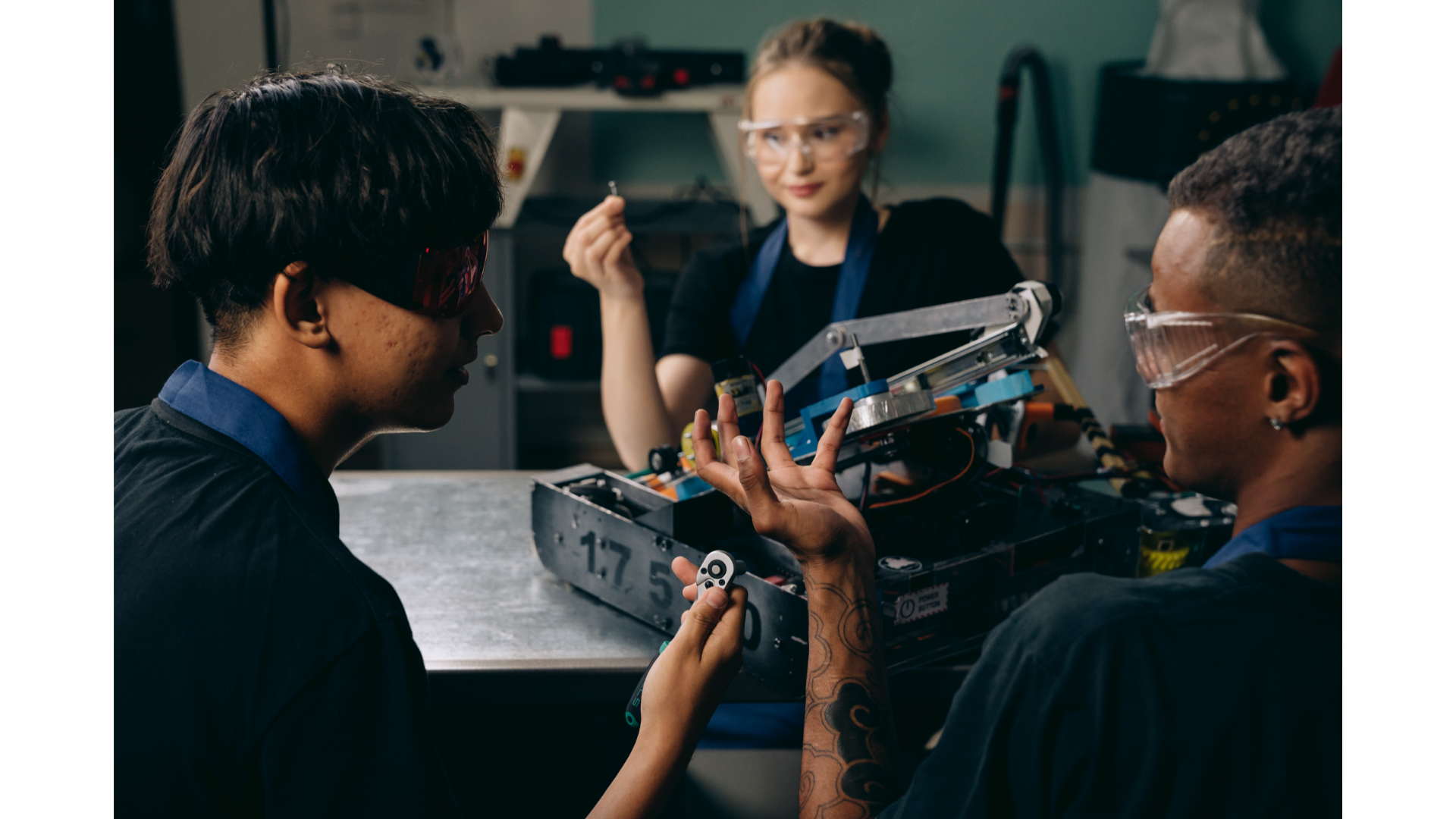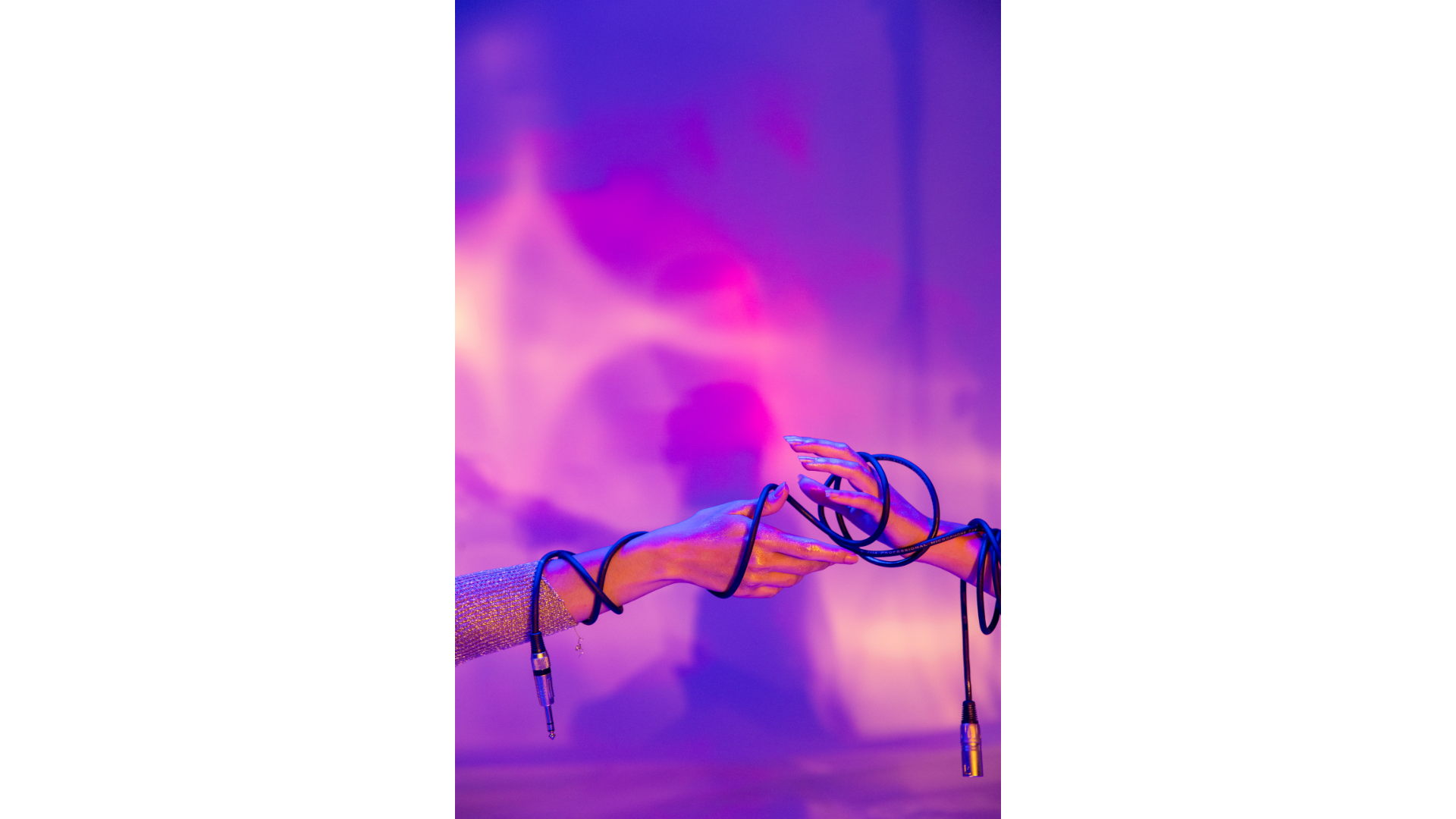When it comes to artificial brain technology, there is no denying that it has made massive strides in recent years. The ability of machines to simulate human intelligence has led to the development of artificial technology that can perform a multitude of tasks with impressive efficiency. However, the question that often arises is, how different is this artificial technology from the human brain?
Artificial technology art, such as deep learning algorithms, neural networks, and machine learning, has enabled machines to analyze vast amounts of data, recognize patterns, and make decisions without human intervention. While this is undoubtedly impressive, it lacks the creativity, intuition, and emotional intelligence that are inherent to the human brain.
The human brain, with its complex network of neurons and synapses, is capable of emotional responses, abstract thinking, and creative expression that are yet to be fully replicated by artificial technology. While machines can process information at lightning speed and perform repetitive tasks with precision, they still struggle to navigate the nuances of human interaction and emotions.
In essence, the difference between AI technology and the human brain lies in their capabilities and limitations. Artificial technology excels in structured tasks and data analysis, while the human brain thrives in creativity, empathy, and adaptability.
As artificial technology continues to evolve, it is crucial to recognize and appreciate the unique strengths of the human brain. While machines can certainly augment and enhance our capabilities, there are certain aspects of humanity that remain unparalleled.
In conclusion, while artificial technology has made significant advancements in replicating certain aspects of human intelligence, the difference between the two is vast. The human brain will always stand out for its unparalleled creativity, emotional intelligence, and adaptability – qualities that make us uniquely human.”











